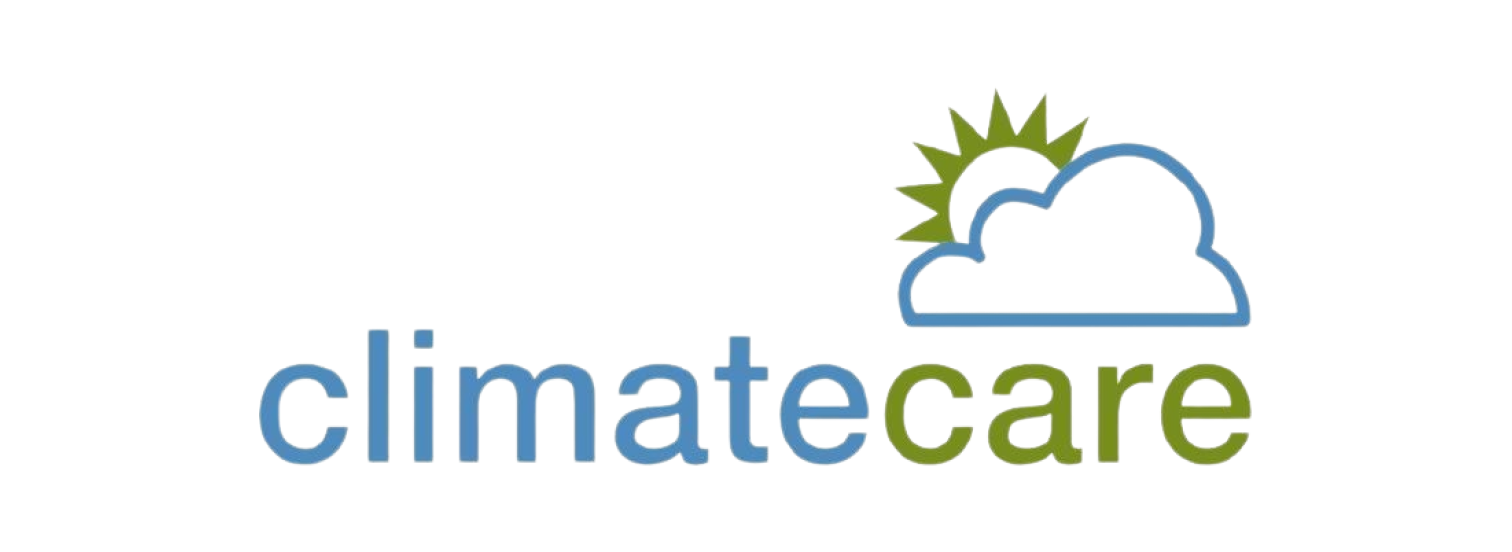


India has a rapidly growing population, which is increasing the
demand for energy throughout the country. 75% of India’s energy
needs are met through the burning of fossil fuels; meaning
greenhouse gas emissions continue to rise [IEA, 2020]. Since
2013, India has accounted for more than half of the increase in
global CO2 output [Carbon Brief, 2019]. In order to achieve the
goals set out under the Paris Agreement it is vital to reverse
this trend, and increase the prevalence of renewable energy
generation in India. The Indian Government has estimated that
achieving its Paris emissions reduction pledge will require $2.5
trillion in carbon finance between now and 2030, from domestic
and international sources [India Intended Nationally Determined
Contribution, UNFCCC]. You are supporting these efforts by
purchasing carbon credits from Indian grid-scale wind energy
projects. Carbon finance is supporting the development of wind
farms throughout the country, bolstering the transition to low
carbon energy provision and creating jobs in predominantly rural
areas. Renewable energy projects not only feed clean electricity
into the grid, but stabilise supplies for rural communities and
often improve local infrastructure. There is a summary of these
positive impacts overleaf.
View Presentation on
this:
link
Nearly 3 billion people in the developing world cook food and
heat their homes with traditional cookstoves or open fires. The
World Bank estimates that 4 million premature deaths occur every
year as a result. In Ghana more than 80% of the population use
solid fuels for cooking. This project introduces the Gyapa to
families in Ghana. An efficient cookstove, the Gyapa cooks food
more quickly, requires 46% less fuel and is less smoky, meaning
it not only cuts carbon emissions, but reduces exposure to toxic
fumes. Cutting fuel requirements saves families as much as $100
dollars annually, at the same time protecting Ghana’s dwindling
forests. A key outcome from this project is job creation. The
stoves are made locally; the liners by a small group of
accredited local ceramicists who have received specialist
training and the metal claddings by a further group of
accredited manufacturers. The project provides training and
quality control services and distributes the stoves through a
wide network of retailers.
View Presentation on this:
link
Less than 20% of the 35 million Bangladeshi households have
access to clean cooking . Traditionally, cooking is done over an
open firepit, releasing smoke and particulate pollutants. These
pollutants contribute to 49,000 premature deaths a year and
causes millions in the country to suffer from respiratory
diseases, asthma, cardiovascular diseases and eye and skin
infections. Women and children are particularly affected, due to
their role in food preparation. The Bangladesh Bondhu Foundation
is changing this through its Bondhu Chula, which loosely
translates as the ‘friendly stove’. The combustion chamber is
designed to ensure a more efficient burn reducing fuel use and
the chimney takes the harmful pollutants out of the house. The
project works with micro-entrepreneurs who receive training in
stove production, sales and marketing and after-sales service.
Carbon finance is used to subsidise 50% of the cost of stove
installation, provide after sales services, as well as a
seven-day training programme for the local entrepreneurs. This
arrangement has proved highly successful; over 3 million stoves
have been installed to date, bringing skilled work to more than
5,000 entrepreneurs.
View Presentation on this:
link